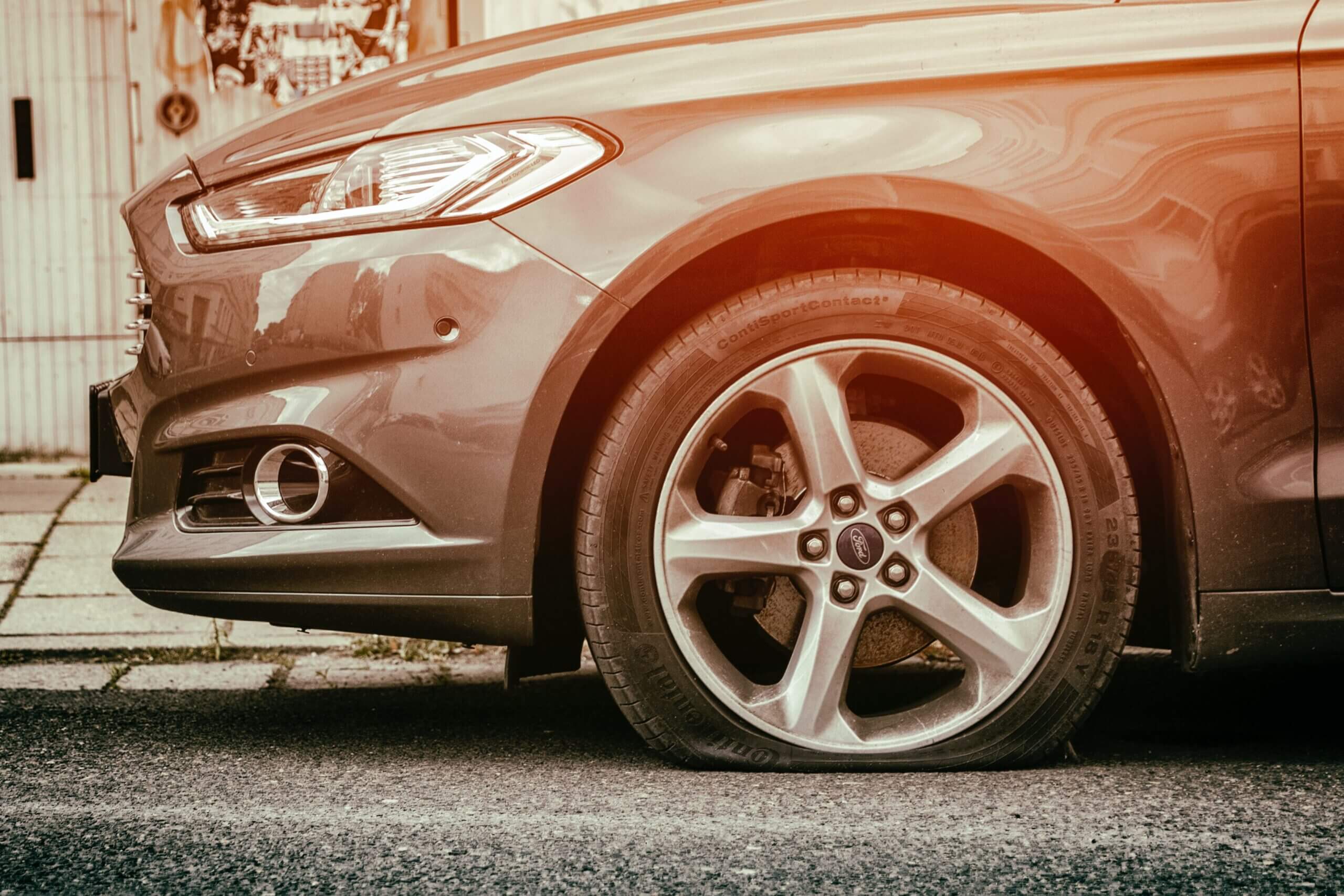Maryland Car Accident Involving Bad Weather
A Maryland car accident involving bad weather can be particularly devastating. Everything feels a bit more dramatic when it is dark and raining outside. Maryland has a diverse climate that experiences all four seasons. While most of the challenges occur in the snow during the winter, a thunderous summer storm can cause just as many, if not more, car accidents. Bad weather exacerbates driving hazards and significantly increases the risk of accidents. There are steps you can take to mitigate risk while driving in bad weather, but the chances of getting into an accident caused by another driver remain high. Of course, the challenges you face in snowy conditions vastly differ from those in foggy conditions or rain. Moreover, any of these weather conditions are exacerbated at night.
This comprehensive guide to Maryland car accidents involving bad weather explores the most common types of accidents caused by weather and their legal implications. We will offer practical advice on navigating the roads and the legal process effectively. If you are in a weather-related accident, go through the standard steps we advise after, which is essential for a car accident. This includes seeking medical attention, exchanging information, and contacting a lawyer. Even in the rain, getting out of your car and exchanging all relevant information is critical. This includes information on the other driver, such as address, name, and phone number. It also consists of the adverse vehicle’s insurance information, make, model, year, and license plate information.
The other driver may be unwilling to get out of their car and conduct themselves in this exchange of information. Remind them that the law requires them to comply. If they fail to do so, take a picture of their license plate. While this is not always sufficient, it can be an effective first start.
Types of Bad Weather Affecting Maryland Drivers
We can break down the bad weather affecting Maryland drivers into three categories. We examine each in detail below.
Snow and Ice
A Maryland car accident involving bad weather can result from snow and ice. For several months in Maryland, snow and ice remain possibilities. Snow is generally contained from December through March, which is one-third of the year that snow and ice affect our drivers. Fortunately, Maryland is often well-prepared to deal with snow and ice. Our state employees work tirelessly to salt and sand the roads, allowing tires to gain traction and avoid slipping. However, especially in more severe storms, slipping is unavoidable. When your car slips due to slow or ice, you are at fault if it causes an accident. You have a duty to maintain control of your vehicle and keep it from causing a wreck. This is true no matter the weather. You have a duty to drive as would a reasonably prudent person in like circumstances.
A reasonably prudent person knows to drive slower on snow or not at all. That is the standard by which you are judged. You are not held to a different standard if it is an emergency, and you feel you have to drive through a dangerous storm. Holding everyone to the same standard is critical to keeping our roads safe. It allows no free passes. Stopping on ice is theoretically impossible. Accordingly, remain diligent when driving on snow and ice, and stay home if possible.
Rain and Flooding
Heavy rainfall can decrease visibility and lead to hydroplaning. Hydroplaning occurs when a layer of water builds up between the tires and the road surface, making it impossible to control your vehicle. Due to hydroplaning, we often see sideswipes and rear-end collisions. Perhaps the worst part about rain and flooding is it is not immediately obvious that it will endanger you during your drive. You may see the dark clouds above before leaving your home, but rain and flooding can strike in an instant. This can be contrasted with snow and ice, which take time to accumulate. And yet, heavy rain can make seeing the road next to impossible. Suddenly, even in the middle of the day, it can be quite dark. Worse, during intense rainstorms, your wipers cannot always keep up. When this happens, it can be natural to drift into another lane.
Flooding can be just as dangerous and lead to Maryland car accidents involving bad weather. Some parts of Maryland flood worse than others. The issue with flooding is it can block off a part of a lane. This can sneak up on you suddenly, causing a sudden switch into another lane. Unfortunately, that is precisely how improper passing accidents occur.
Fog and Reduced Visibility

When fog sets in, the moisture in the air scatters the light from vehicles’ headlights, reducing visibility to a few feet in some cases. The two weather conditions mentioned above lead to Maryland car accidents involving bad weather. In many cases, those accidents are due to reduced visibility. Yet, no weather conditions reduce visibility as much as fog. Of course, with less visible roads, it is easy to negligently drift into another lane or even not see the car directly ahead of you until it is too late. Even if it is not a car directly ahead of you, it may be an upcoming hazard in the middle of the road or a traffic signal indicating that you must merge due to construction.
The road is a dangerous place that sees terrible accidents daily. While it is unlikely that you will be in a Maryland accident, those odds increase if you are in foggy conditions.
Legal Implications of Weather-Related Accidents in Maryland
The standard for a driver on the road is to drive as would a reasonably prudent adult in like circumstances. Prudent adults understand the risks of Maryland car accidents involving bad weather. Thus, it is prudent to reduce speeds and drive more carefully when it is raining, snowing, or foggy. A failure to do so is a breach of the duty owed. Even if you are 1% at fault for the accident, the law holds you accountable in Maryland. This is because of the contributory negligence rule. While there are exceptions to this rule an attorney can help you uncover, it is a total bar to recovery if no exceptions apply. Accordingly, it is best to take every precaution available to you.
Insurance Considerations for Weather-Related Accidents
Insurers love to scrutinize Maryland car accidents involving bad weather closely. They may argue that you are partially at fault for the accident. This makes documenting the scene critical for the success of your case. Take photos of the scene, note the weather conditions, and collect contact information from witnesses. Witnesses often can make or break the settlement process. The adverse driver often lies to their insurer, explaining they were not at fault. This is when a credible witness is invaluable for allowing us to settle your case before even filing suit. Doing so decreases your costs and saves you several months waiting for a trial date.
Additionally, consider how much coverage may be available in the accident. There may be a coverage issue if several people are in your car. This is especially true if the other driver has no coverage on their vehicle. But if there is any question, we will investigate whether they have insurance and uncover all potential sources of coverage.
Contact an Attorney
A Maryland car accident involving bad weather can cause stress and severe injury. Do not go through the legal process alone.
Contact our office today for a free consultation and case evaluation at (202) 331-7227.
![]()
This page has been reviewed by the legal team at Gelb & Gelb, P.C.














